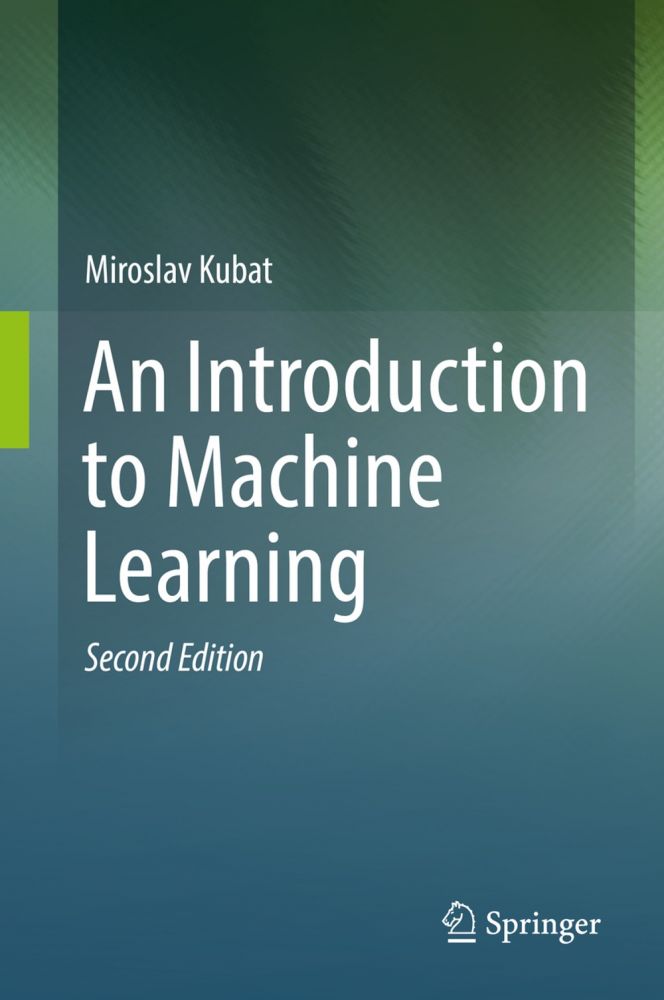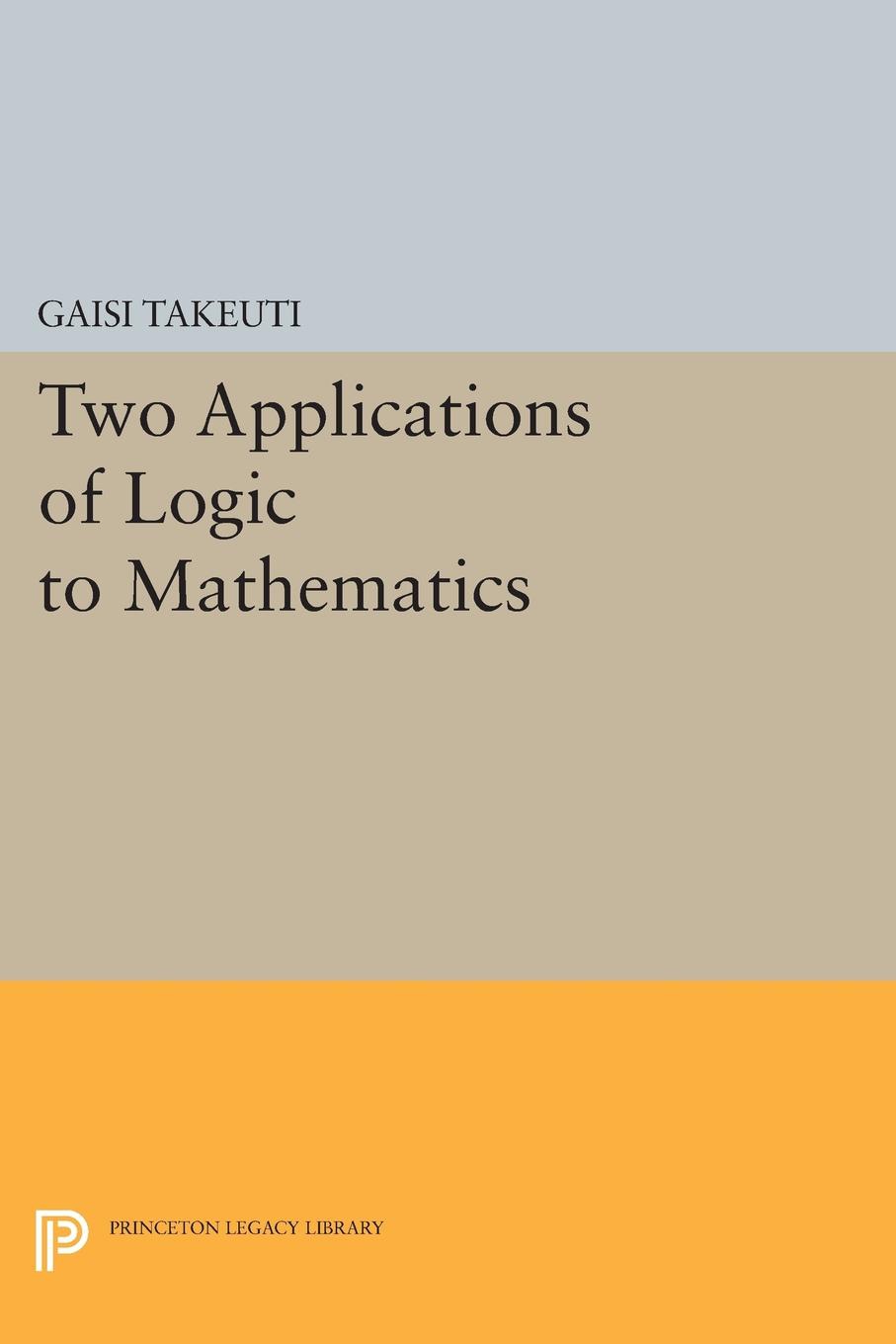

This chapter presents a systematic overview of the various issues and solutions related to the notion of uncertainty in the The hard problem of consciousness is to explain how our brain generates consciousness and why we have any conscious experiences at all. The mind-brain relationship problem is to explain whether the mind and the brain differ, and if they do, how they interact with each other. The inner privacy problem is to explain why we have a privileged access to our unobservable conscious minds whose phenomenal content is incommunicable to others.
#How to think logically 2nd edition pdf free#
The free will problem is to explain how it is possible for us to make genuine choices between two or more alternative future courses of action. The causal potency problem is to explain how our mind could act upon the physical world. The binding problem is to explain what binds our conscious experiences into a single whole. The physical boundary problem is to find a rule that sets the boundary between our own conscious mind and the rest of the physical world.

This chapter formulates seven long-standing problems related to consciousness using introspection and a certain amount of experimental evidence provided by biomedical sciences. It has also found out that there is no significant relationship between student's knowledge in logical arithmetic and technological knowledge and also social status, age and gender has nothing to do with the student's knowledge capacity. This shows that the capacity of the student's technological knowledge is moderate. This shows that the capacity of the student's knowledge in logical arithmetic is very low while the mean capacity of the student's technological knowledge is 3.595 with a standard deviation of 0.920. In the results, the mean of the capacity of the student's knowledge in logical arithmetic is 1.811 with a standard deviation of 1.412.

We conducted this research to determine if there is a relationship between knowledge in logical arithmetic and technological knowledge. Technological knowledge is the ability to think problems in an abstract manner or an ability to see more solutions opportunities. Some computer problems involve logical thinking like mathematics structure, for relationships like the hypotheses and given statements, and for a sequence of reasoning that makes the conclusion more reasonable. The abstract reasoning is a thinking ability that people use to think from different edges in order to solve problems.


 0 kommentar(er)
0 kommentar(er)
